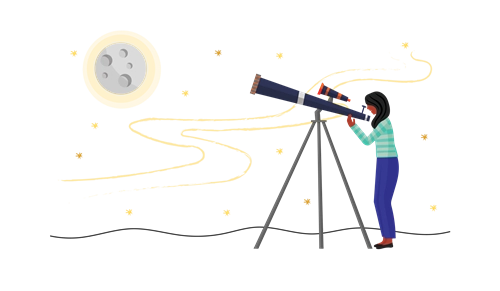Overview
The study of the principles and procedures used in preventing, diagnosing, caring for and treating illness, disease and injury in humans, and the maintenance of general health. The main purpose of this narrow field of education is to develop an understanding of disease processes and mechanisms, the structure and function of the human body and mind, the restoration and maintenance of health, immune defences of the body, pain control, human behaviour and medical ethics. It also involves developing an ability to assess and evaluate clinical observations to arrive at diagnoses and determine appropriate courses of action.
Course skills
Medical Studies develops skills in:
- assessing patients' psychological, physical and emotional states
- carrying out procedures and dealing with medical emergencies
- examining specimens to determine the origin, nature and course of any disease present
- monitoring progress of patients
- practising professional responsibility in relation to individuals and the community.
Source: Australian Bureau of Statistics










